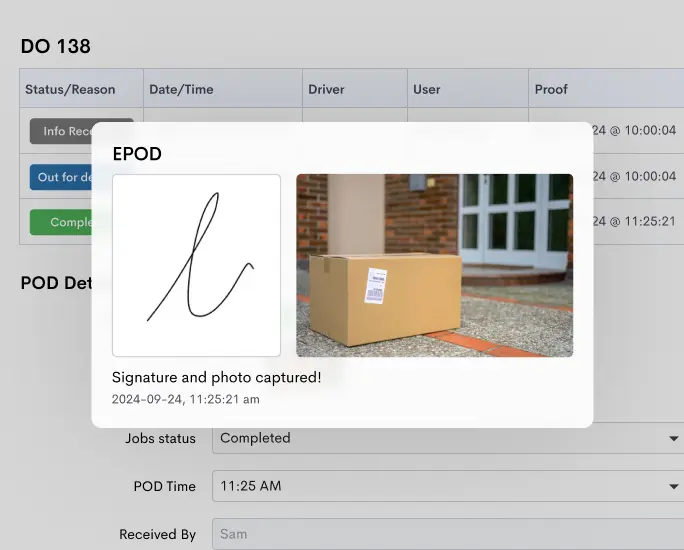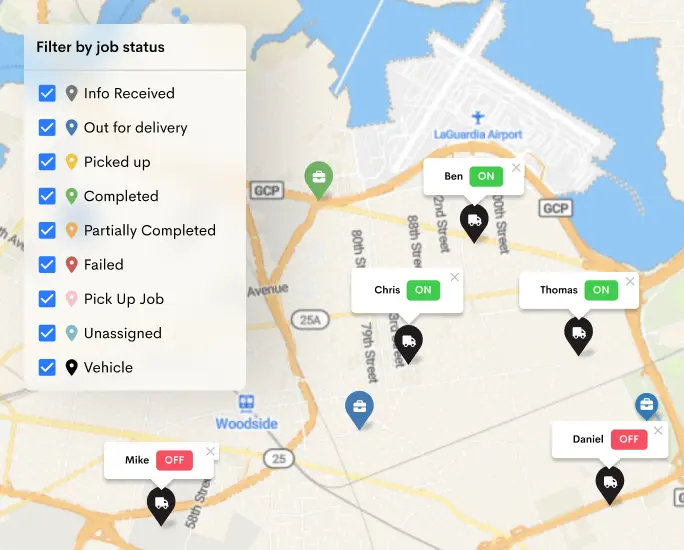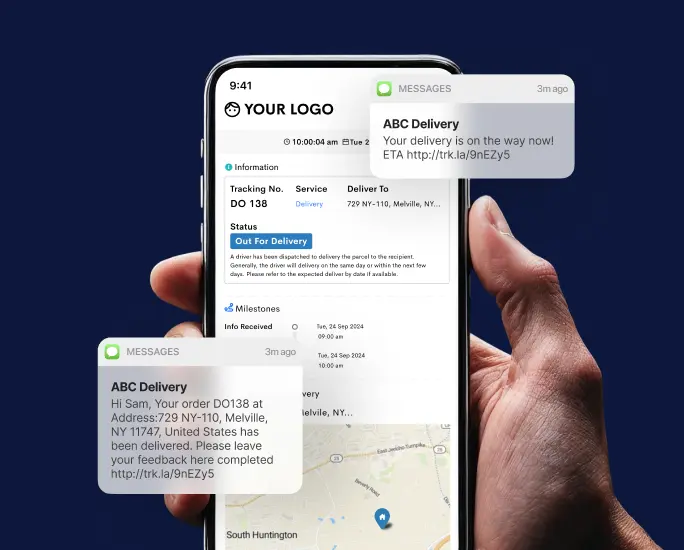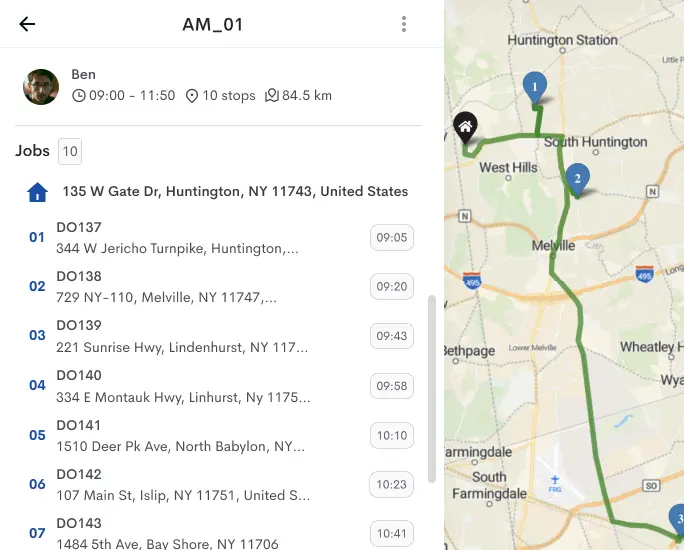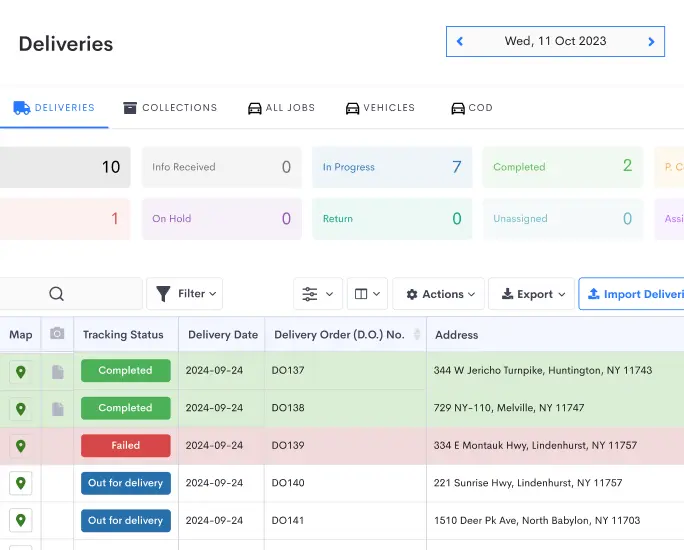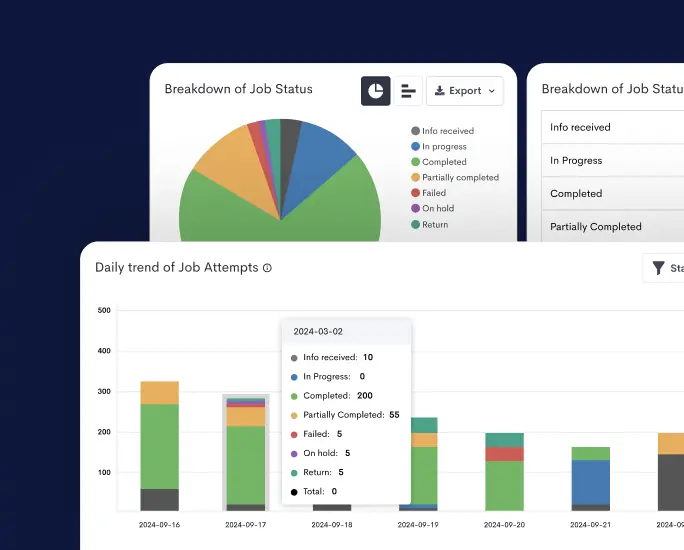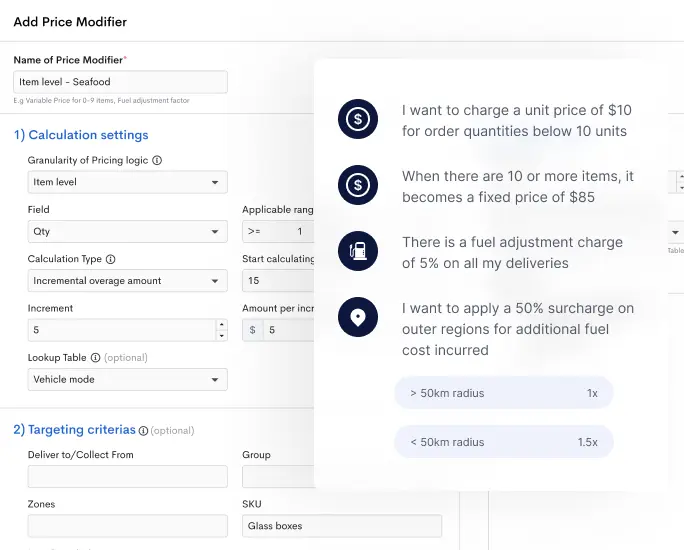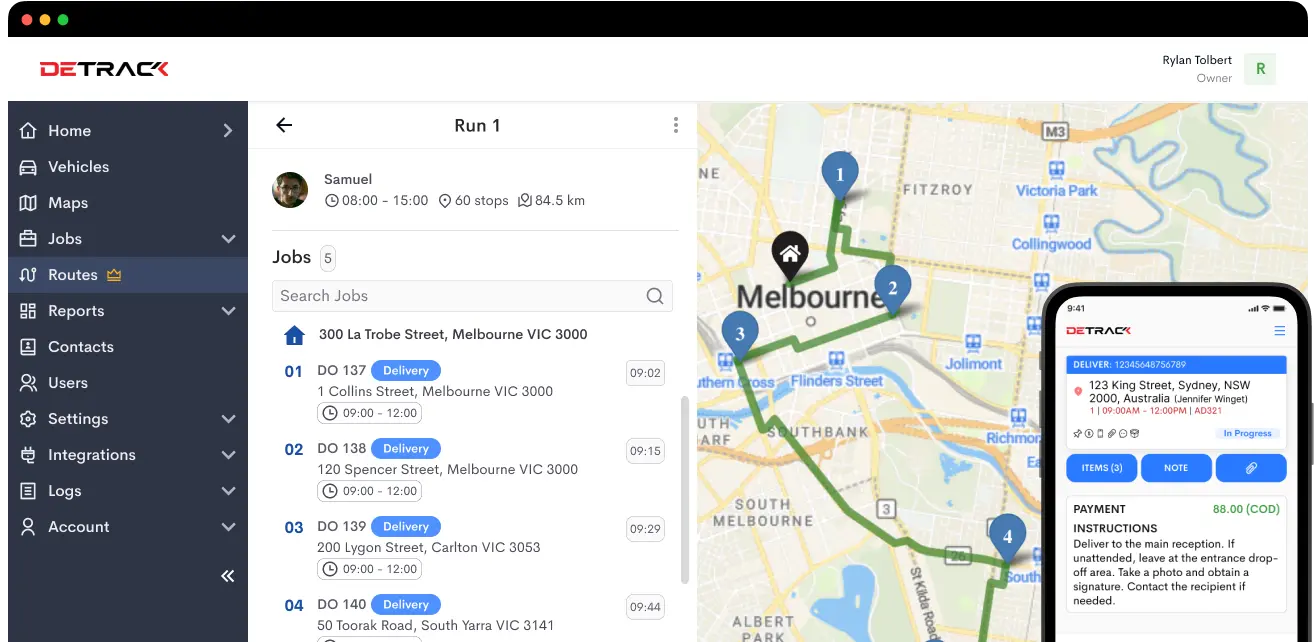The construction industry is a dynamic and complex field that relies heavily on efficient transportation and logistics to ensure the timely delivery of materials, machinery, and workforce to various job sites.
Effective logistics management in construction can significantly impact project timelines, costs, and overall success. Here are five essential tips to enhance transportation and logistics in the construction industry.
5 Tips For Effective Transportation and Logistics in the Construction Industry
1. Plan and Schedule Meticulously
Meticulous planning and scheduling are the cornerstones of effective logistics in the construction industry. Projects typically involve multiple phases, requiring different materials, equipment, and manpower. Developing a detailed logistics plan outlining each phase’s transportation needs can help prevent delays and ensure that resources are available when needed.
Key Steps:
- Detailed Project Plan: Develop a comprehensive project plan that includes timelines, resource requirements, and transportation needs.
- Scheduling: Use project management software to create and maintain a schedule that accounts for lead times, delivery windows, and potential delays.
- Contingency Planning: Anticipate potential disruptions and have contingency plans to address them.
2. Leverage Technology
Technology plays a crucial role in modernizing and streamlining logistics processes. By leveraging the latest technology, construction companies can enhance transportation efficiency, reduce costs, and improve overall project management.
Key Technologies:
- GPS and Telematics: Utilize GPS and telematics systems to track the location and status of vehicles and equipment in real-time. This helps optimize routes, reduce fuel consumption, and improve delivery accuracy.
- Transport Management Systems (TMS): Implement a TMS to manage and optimize transportation operations. TMS can help in route planning, load optimization, and real-time tracking.
- Construction Management Software: Use construction management software to integrate logistics with other project management functions. This can improve coordination and communication among teams.
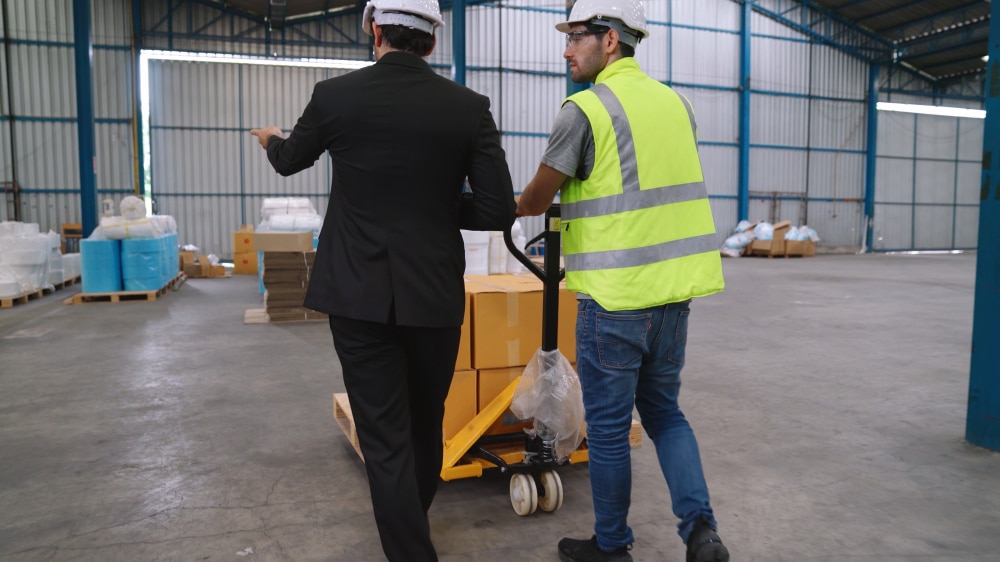
3. Optimize Supply Chain Management
Effective supply chain management is critical for ensuring that materials and equipment are available when needed without causing excessive inventory costs or delays. Optimizing the supply chain involves coordinating with suppliers, managing inventory, and ensuring timely deliveries.
Strategies:
- Supplier Collaboration: Work closely with suppliers to ensure they understand your project timelines and requirements. Establish long-term partnerships with reliable suppliers to ensure consistency.
- Inventory Management: Implement just-in-time inventory practices to reduce storage costs and minimize the risk of material shortages.
- Demand Forecasting: Use historical data and predictive analytics to forecast demand for materials and equipment. This helps in more accurately planning orders and deliveries.
4. Enhance Communication and Coordination
Effective communication and coordination among all stakeholders are vital for smooth logistics operations in the construction industry. This includes communication between project managers, suppliers, transport providers, and on-site teams.
Best Practices:
- Clear Communication Channels: Establish clear communication channels and protocols for all stakeholders. Use digital communication tools to facilitate real-time updates and information sharing.
- Regular Meetings: Meet key stakeholders to discuss progress, address issues, and plan upcoming activities.
- Integrated Systems: Integrate logistics management systems with other project management and communication tools to ensure seamless information flow.
5. Focus on Safety and Compliance
Safety and compliance are paramount in the construction industry, where the transportation of heavy and hazardous materials is common. Ensuring all logistics operations comply with safety regulations and industry standards is essential to prevent accidents and legal issues.
Safety Measures:
- Training and Certification: Ensure that all drivers and logistics personnel are adequately trained and certified to handle the materials and equipment they transport.
- Safety Protocols: Develop and enforce strict safety protocols for loading, unloading, and transporting materials. Regularly inspect vehicles and equipment to ensure they are in safe working condition.
- Regulatory Compliance: Stay updated with local, state, and federal regulations related to transportation and logistics in the construction industry. Ensure all operations comply with these regulations to avoid penalties and legal complications.
Conclusion
Effective transportation and logistics management are critical for the success of construction projects.
By meticulously planning and scheduling, leveraging technology, optimizing supply chain management, enhancing communication and coordination, and focusing on safety and compliance, construction companies can improve their logistics operations and achieve better project outcomes.
Implementing these tips can help ensure that materials, equipment, and personnel are in the right place at the right time, ultimately contributing to the timely and cost-effective completion of construction projects.

